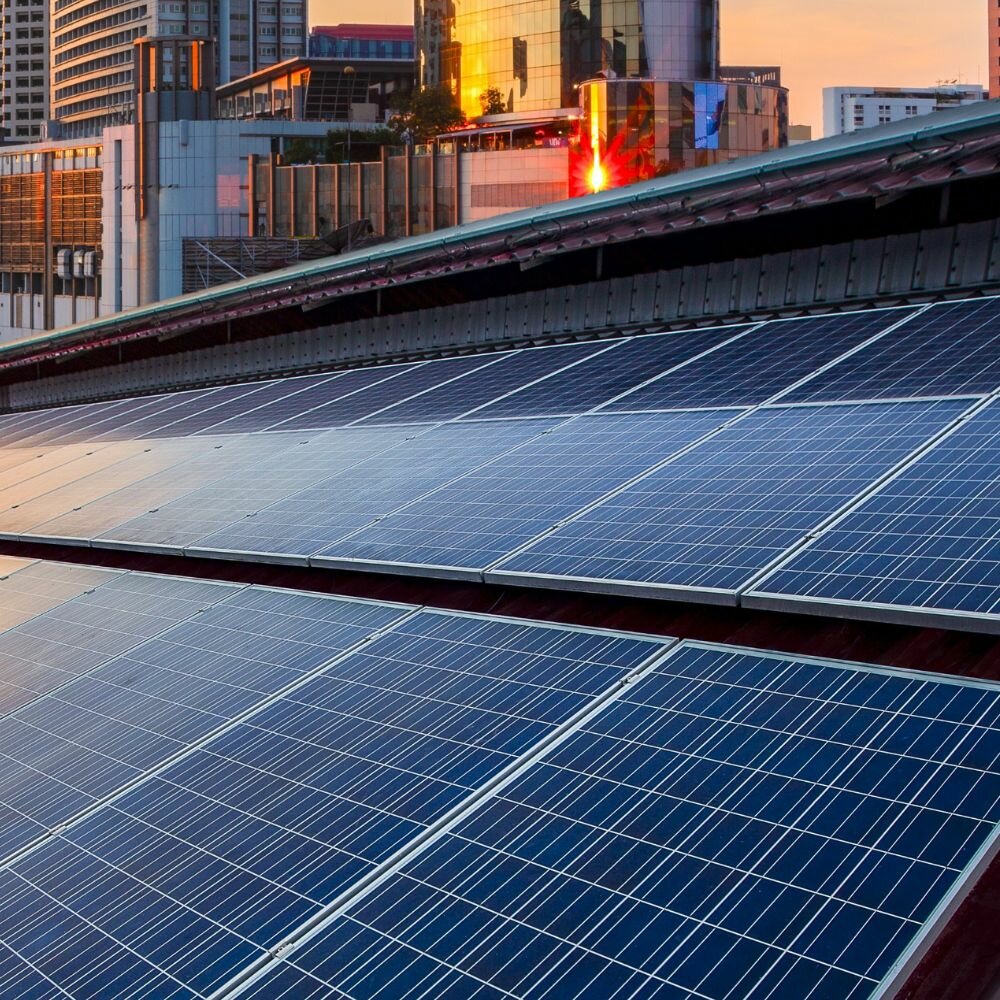What Goes Into Solar PV Feasibility Assessments
2022-10-17 20:20:29

As a business owner, you're probably giving more thought to implementing solar power than ever.
Loadshedding is currently at its highest level in South Africa's history. Then there's the sky-high petrol price, which makes the idea of running a backup generator singularly unappealing.
Plus, the entire planet is still reeling from the devastating economic impact of the pandemic. These issues make running a productive business challenging for most South Africans.
Solar PV feasibility assessments are the first step towards the energy independence you desperately need. Keep reading to find out more.
Why Are Solar PV Feasibility Assessments Important?
According to a recent announcement by Minister Gwede Mantsashe, the cost of solar energy production has declined by 75%, to R1.14 per kWh.
Despite this, implementing enough solar power and battery backup to keep your business running around the clock is still an expensive investment.
A solar PV feasibility assessment helps to determine whether PV panels are a financially viable option. Without an evaluation, however, it's easy to overspend on your installation or lose momentum halfway through.
What's Involved in a Solar Feasibility Assessment?
All PV feasibility assessments include three main components:
- Site inspection
- Selecting solar components
- Estimating production levels.
These tasks are relatively straightforward for residential solar panels. They only become complicated when it comes to complex commercial installations.
The following three factors help to determine the best business energy solutions:
- Context of the Project
It's vital to understand your desired outcomes when considering solar solutions. These preferences have significant design implications, especially regarding the location of your PV panels.
Net metering isn't widespread in South Africa, but it's steadily becoming more prevalent. Keep this in mind when installing your PV panels.
- Site Selection
Where are you planning to place your solar panels?
Local building codes and permitting laws can impact this decision. So, find out about these first.
If you're planning a roof-mounted system, you'll need enough rooftop space to install sufficient panels for your needs; therefore, it's best if the intended roof faces north to maximise South Africa's abundant sunshine.
Solar panels are heavy items, so your roof might require reinforcing to accommodate their weight. If you're due to replace your roof, it'd be best to do so before installing solar.
A ground-mounted installation requires detailed planning and site preparation. The unique lay of the land will impact the panels' location, angle, and productivity.
Perhaps your building is located in an ecologically sensitive area. In this case, you'll likely need approval before setting up ground-mounted solar panels, and application to the Department of Environmental Affairs before proceeding is mandatory. It's best to implement ground-mounted installations within 150m of your building as it helps reduce installation costs.
- Economic Factors
Ideally, the cost-saving benefits of solar power must outweigh the installation costs. An energy audit will help determine how much electricity you need monthly to run your business. Also, your unique energy needs, how many PV panels you'll need to install, how this will impact where you place your panels, and the costs involved.
A solar installer will estimate these costs and calculate the long-term savings you'll materialise through a solar installation.
Uniquely, South African business owners have one more consideration. Namely: How much additional income can your business generate when it has a reliable source of electricity?
Due to load-shedding and unexpected outages, your production levels have likely been affected, leaving you asking whether your business would show significant growth if you eliminated these obstacles by installing solar and backup energy solutions.
Finally, how you pay for your PV panels will impact the costs involved. If your business finances its installation, remember that solar panels have a lifespan of at least 20 years and thus should start paying for themselves within three and a half years.
On the other hand, a cash installation will show immediate reductions in regular energy consumption costs and savings on your tax return. Always include these incentives in your initial calculations and when working closely with your accountant and solar installer, as they're best equipped to inform you of your solar installation's financial obligations and benefits.
Do You Need a Feasibility Study?
Most solar implementations benefit from feasibility analyses, no matter how small the installation. It's the best way to ensure your proposed project meets its goals.
The size of your business, location and energy use determines how extensive this study should be. However, implementing alternative energy solutions is a no-brainer for South African companies at present, mainly because South Africa is among the signatories of the Paris Agreement, which means our government has committed to reducing carbon emissions significantly by 2030. You're getting ahead of the pack by implementing solar or other sustainable energy sources when aiming to meet these goals.
The recent floods and unseasonal cold weather prove that South Africa is not immune to the effects of global warming. Regardless of your stance on environmental concerns, it makes sense to do what you can to reduce the risks associated with changing weather patterns and increasing energy demands.
Furthermore, many modern-day consumers will instead support businesses that have long-term environmental programs and a more significant green footprint. So, a highly-visible solar installation can work wonders for your brand reputation.
Make the Most of Sunny South Africa
Solar business solutions send a clear message that shows you care about the environment and have a clear intention to reduce all associated costs to your business and clients. They'll also help reduce your ever-increasing electricity bills and ensure a reliable energy supply.
Solar PV feasibility assessments ensure you maximise the benefits of solar energy.
Daisy Energy has the business energy solutions you need to keep your business running no matter what. Get in touch today, and let's discuss a way forward for your enterprise.


